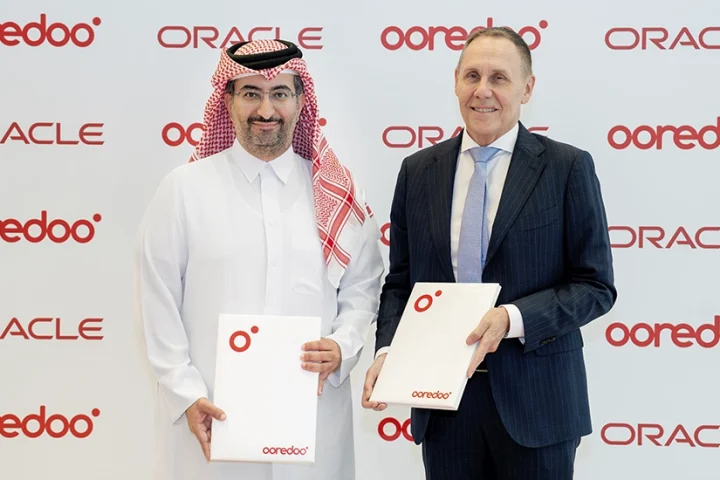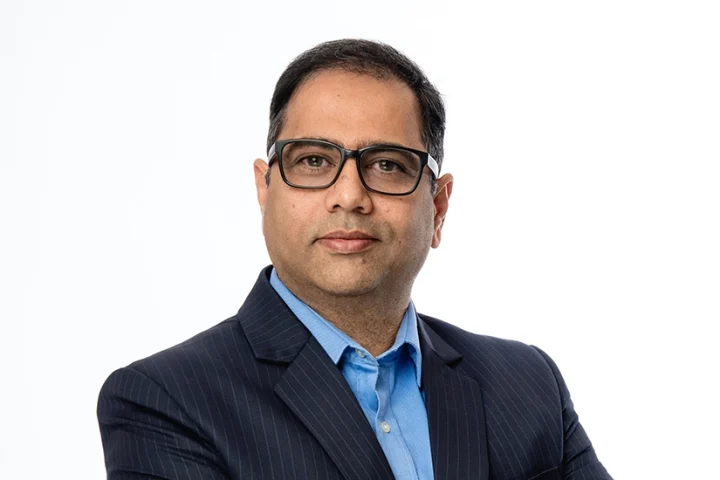Royal Philips has released the findings of the Future Health Index (FHI) 2024 Saudi Arabia report. The ninth edition of the report, which surveyed nearly 3,000 healthcare leaders in 14 countries, shows that Saudi Arabian healthcare leaders are at the forefront in the adoption of AI-enabled innovation to improve patient care.
The FHI 2024 for Saudi Arabia indicates that the local healthcare sector is marked by its pioneering adoption of AI, the positive impact of virtual care and automation on the workforce, and its collective commitment to environmental sustainability.
“This year’s Future Health Index investigates the significant progress and promising opportunities in ensuring timely, high-quality care for all,” says Akram Sirafy, General Manager, Philips Saudi Arabia. “The report highlights the strides taken in the ongoing transformation of the healthcare sector, which is crucial for the well-being of our population and for positioning Saudi Arabia as a regional leader in healthcare and innovation.”
Virtual Care and Automation are empowering a stretched workforce and enhancing patient care
Most Saudi Arabian healthcare leaders (92%) believe that the use of technology to automate repetitive tasks or processes is critical for addressing staff shortages in healthcare.
Significant progress has already been made in the space of automation, including digitizing health records, automating administrative tasks, and clinical workflow management systems, to increase productivity and satisfaction among healthcare staff.
All the Saudi Arabian healthcare leaders (100%) recognize the positive impact of virtual care on easing staffing pressures and 90% say patients at their organization are positive about virtual care.
Saudi Arabian healthcare leaders have reported significant benefits of virtual care integration, including enhanced staff support for complex patient management (37%); improved patient appointment attendance (34%); creating new career options for healthcare professionals who want remote working (34%); and adding capacity to serve patients (33%).
Healthcare leaders are turning to actionable insights and AI
While automation and virtual care demonstrate great potential, 100% of Saudi Arabian healthcare leaders acknowledge that data integration challenges impact care delivery.
Saudi Arabian healthcare leaders believe data-driven insights could help reduce diagnostic and elective procedure waiting times and optimize treatment plans or pathways. They also view them as vital for patient demand forecasting, predicting adverse events, identifying evidence-based best practices, detecting medical conditions, and reducing hospital readmissions – all essential for improving patient care.
“To realize these possibilities, healthcare leaders are looking to partnerships to overcome system limitations,” says Sirafy. “Improving care coordination and enhancing technology integration and interoperability are among the top drivers for collaboration, to realise a more structured and innovative form of healthcare.”
















